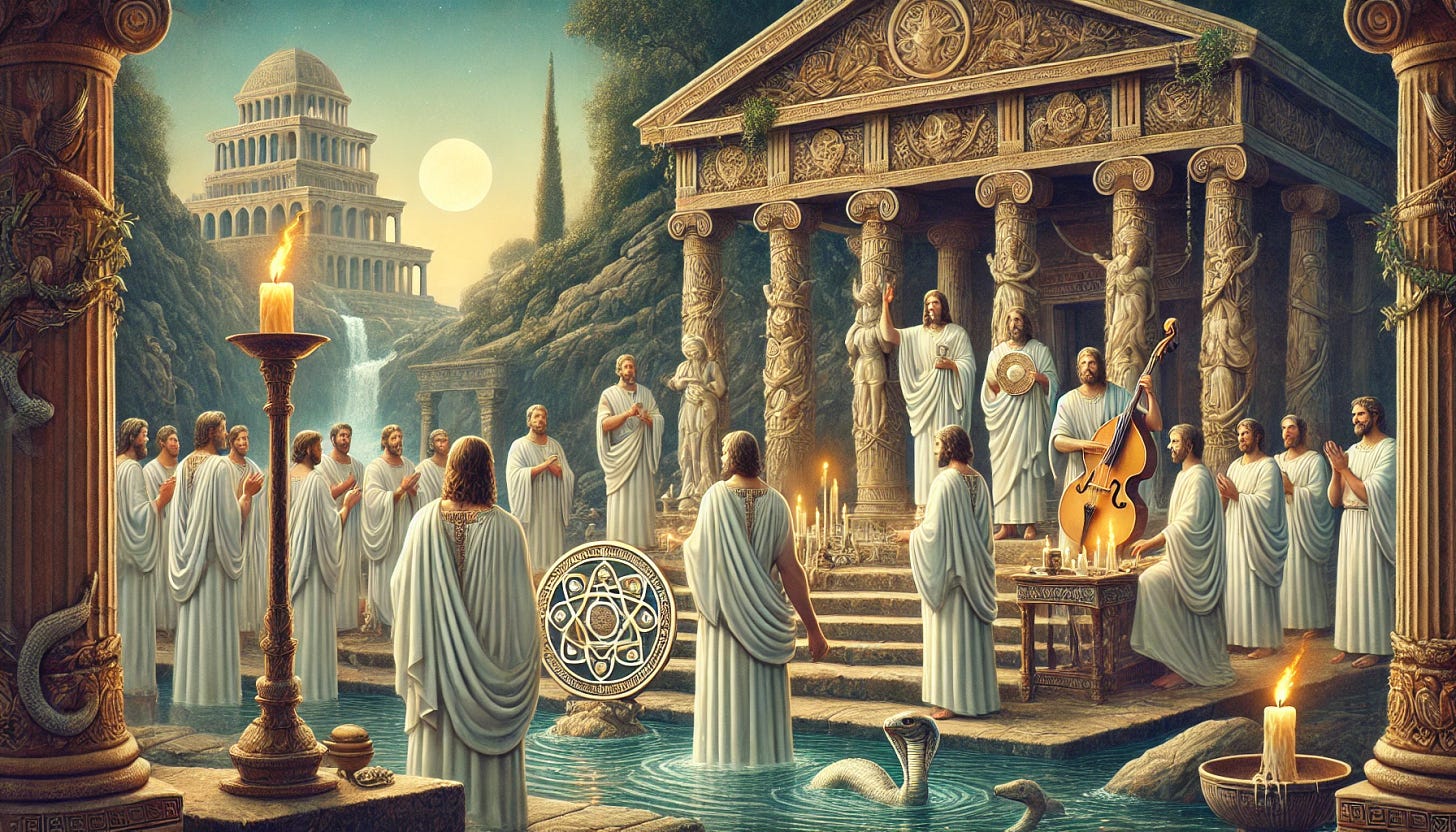The Orphic tradition, rooted in the mythic figure of Orpheus, represents one of the most enigmatic and profound streams of ancient Greek religious thought. Known for its ascetic practices and teachings on the soul’s immortality and rebirth, the Orphic path offered a spiritual framework that emphasized purification, self-discipline, and mystical knowledge. This article explores the core beliefs, rituals, and the enduring legacy of Orphism, shedding light on its influence on Western spiritual traditions.
Origins and Mythology
Orphism is based on the legendary figure of Orpheus, a poet and musician who could charm all living things with his lyre. According to myth, Orpheus descended into the Underworld to retrieve his wife Eurydice, demonstrating profound spiritual insight and courage. His teachings, preserved in sacred hymns and texts, formed the foundation of the Orphic tradition.
Central to Orphic mythology is the story of Dionysus Zagreus, the son of Zeus and Persephone. Dionysus Zagreu…
Keep reading with a 7-day free trial
Subscribe to Who, what, where am I? to keep reading this post and get 7 days of free access to the full post archives.




